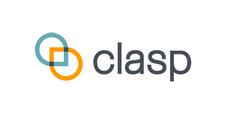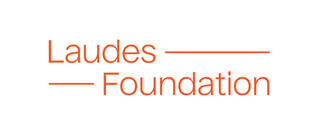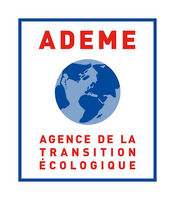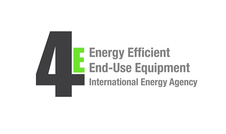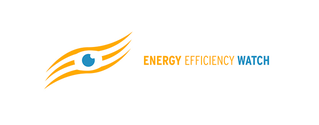Search eceee proceedings
Piloting Home Energy Assessment Toolkits (HEAT kits) to empower hard-to-reach energy users
Panel: 5. Towards sustainable and resilient communities
This is a peer-reviewed paper.
Authors:
Sea Rotmann, SEA - Sustainable Energy Advice, New Zealand
Vicki Cowan, Beacon Pathway, New Zealand
Abstract
The government of Aotearoa NZ is targeting widespread energy hardship with the Support for Energy Education in Communities Programme (SEEC). The purpose of this fund is to deliver community-level energy education to help households in need. As part of the Hard-to-Reach Energy Users Task (HTR Task) by the Users TCP by IEA, we have received SEEC funding to undertake a field research pilot on hard-to-reach (HTR) energy users in Wellington.
The pilot tests the value of Home Energy Assessment Toolkits (HEAT kits) as a tool for HTR households to empower themselves to manage household energy when introduced by a trusted community-based contact. The community “Middle Actors” (MAs) include those working with households from health, social support, and budgeting sectors. Their primary mandate is not necessarily to provide energy advice to their clients. The pilot thus trains them in the Home Performance Advisor: Making Energy Work for Whānau (Families) programme. This builds the capacity of MAs to have informed conversations with households, so they can “play” with the HEAT kit to help understand their energy bill, how they use energy, and options to change (elements of their house and how they live in the home) to improve health and wellbeing.
The HEAT kit content was co-designed with community workers and technical experts. The MAs complete in-home assessments using the HEAT kits to gather monitoring and behavioural data. The kits include activities, such as quizzes and games, and engagement is rewarded with solutions that target the issues highlighted by HEAT kit audit tools (e.g. LED light bulbs, tap aerators, secondary glazing, door snakes).
MAs are already managing extremely complex work with very limited resources: this makes them quite HTR for policy makers, programme managers and researchers. Thus, anyone relying on MAs for recruiting and engaging HTR energy users, first need to build trusted relationships, and find ways to work alongside existing programmes and be responsive to their needs.
Even though household recruitment for this pilot is still underway, we have gleaned several important insights already:
- (Mis)trust is one of the main barriers why vulnerable households are so HTR with standard programmes and policies (Rotmann, 2021).
- Using trusted community providers to recruit households and provide in-home advice is thus crucial. But:
- They are also extremely HTR and under-resourced.
- Offering (paid) training and compensating them well for their time is only one way to engage them.
- More important is building trusted relationships, and being referred by other trusted partners.
- Co-design is a crucial element when working with community partners, so is listening to, and incorporating their expertise.
- Following behavioural science “best practice” (see Karlin et al, 2022) is a good way to ensure adequate data is collected to evaluate process and impact. However:
- In the real world, there are often inadequate resources to collect, analyse, and triangulate quantitative and qualitative data.
- Focusing on qualitative insights, including stories, is good practice in real-life applications.
- A focus on kWh or financial savings can have perverse outcomes for vulnerable energy users - e.g., if they are already in a “heat or eat” situation.
- Energy education and communication needs to be simple, clear and fun, and focus on the most important energy services.
- Effective advice is personalised to a home and the people living there.
- HEAT kits can be a useful addition to trained community providers of in-home advice and support. But:
- Simply loaning the kits out via libraries is not enough to engage HTR and/or highly-vulnerable whānau.
References
Karlin, B. et al (2022). Process Matters: Assessing the use of behavioural science methods in applied behavioural programmes. Eceee Summer Study.
Rotmann, S. (2021). Case Study Analysis – Aotearoa. HTR Task Users TCP: Wellington. 70pp. https://doi.org/10.47568/3XR112
Downloads
Download this presentation as pdf: 5-118-22_Rotmann_pres.pdf
Panels of
1. Dynamics of consumption: less is more?
2. Efficiency and beyond: innovative energy demand policies
3. Policy, finance and governance
4. Monitoring and evaluation for a wise, just and inclusive transition
5. Towards sustainable and resilient communities
6. Energy-efficient and low-carbon mobility for all
7. Policies and programmes for better buildings
8. Innovations in products, systems and building technologies










